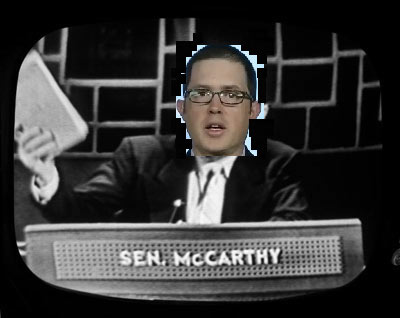It’s the weekend after Thanksgiving and, for once, I’m not scheduled to work at the hospital. Yet, on Friday evening I found myself fastening my badge to my clothes and walking into the Intensive Care Unit.
One of my most beloved patients, Ms. Chhem is passing away. I’ve come to say goodbye. It’s not a complete surprise as she’s had serious chronic medical issues for years, but after being part of her care team for a countless number of prior hospitalizations, it’s hard to believe that this will be her last.
When I first met her five years ago, I was shocked at the number of hospitalizations she had survived. Her chart identified her as a refugee from Cambodia with significant psychological trauma, two kinds of hepatitis from poor healthcare, and end-stage kidney disease requiring dialysis three times a week. She had low health literacy, few resources and didn’t speak English. I was terrified to be the young doctor in charge of coordinating her care and keeping track of all the pieces that inevitably get lost in our complex medical system.
Of course, in real life, she was nothing like the chronically ill patient her chart suggested. Despite the physical and emotional trauma her life had brought, she was always upbeat, laughing, and ready to experience life’s next moment. Or perhaps it was because of that trauma that she learned that this was the only way to cope.
During our visits her delightful pragmatism grounded me in what otherwise seemed like an impossibly chaotic healthcare plan. Our last visit had only been only 72 hours ago. As I walked into the exam room she had erupted into laughter, jumped up, and grabbed my hands with both of hers in greeting. It was a relaxed visit. Ironically, for once I was feeling good about her medical care. All of the loose ends I had been trying to resolve had recently been tied up.
 Protestors in Washington the first time the ACA was challenged
Protestors in Washington the first time the ACA was challenged
So despite being familiar with intubated patients, it was jarring to see Ms. Chhem, the same woman who just a few days ago was relating to me the hilarity of coping with recently misplaced dentures, as a patient, intubated, sedated, and surrounded by machines and IV drips. Death doesn’t impact me the way it used to when I first became a doctor, but I still choked up as I held her hand and said goodbye.
As I walked home, I reflected on how, despite all the obstacles, she had received top quality medical care in her lifetime. For Ms. Chhem, medicine did exactly what it was supposed to do: prolong and improve health to allow patients to lead more fulfilling lives.
And then my thoughts darkened. What would happen to my patients if the Affordable Care Act is repealed?
I fear its repeal. As a queer person, I fear its repeal even more than a repeal of same-sex marriage.






